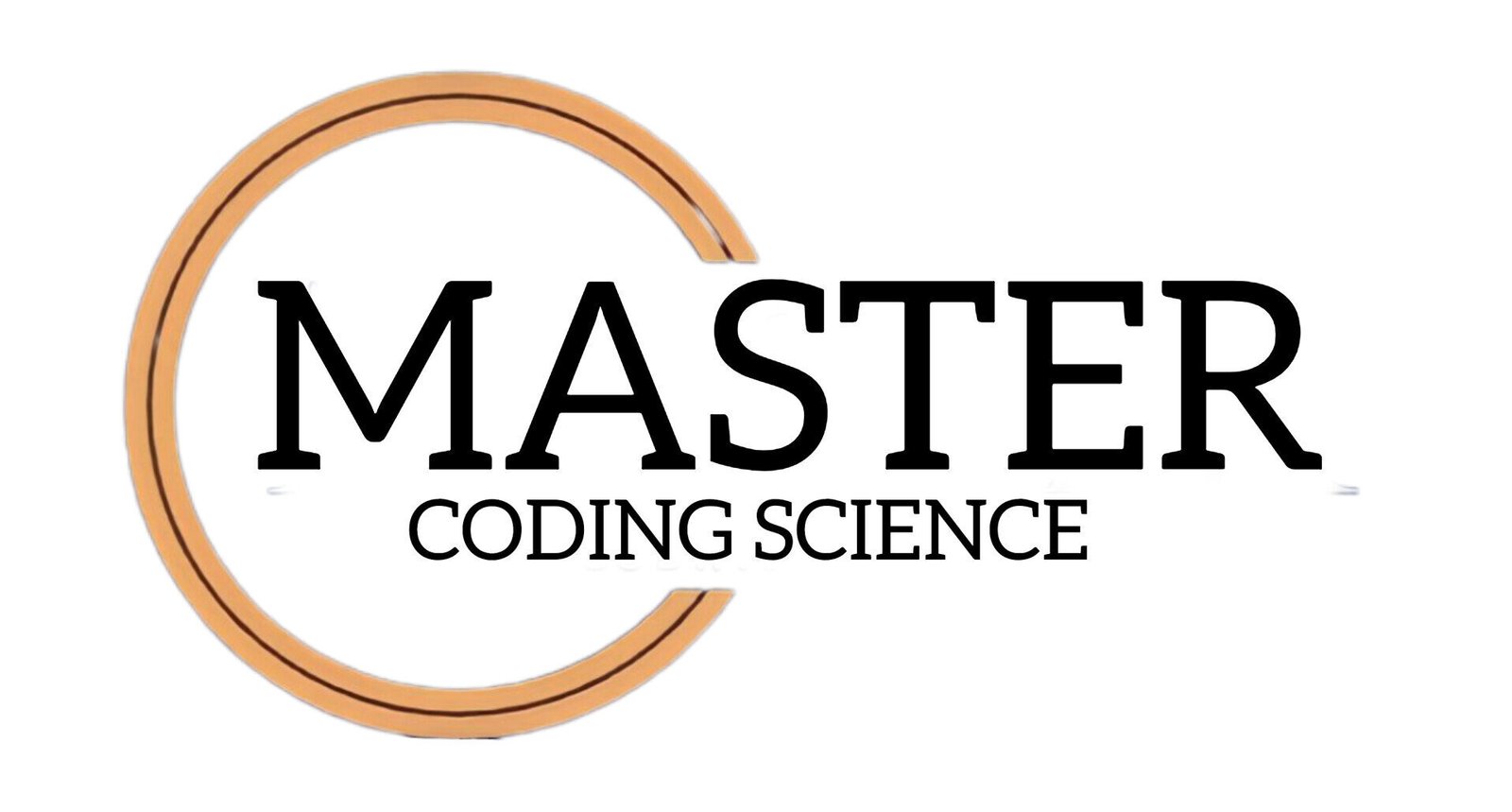“Python Keywords”
In Python, there are predefined words known as keywords. These words have specific meanings and cannot be used as names for variables, constants, modules, class names, or functions. Using them may lead to confusion and errors in your code.
You can obtain a list of all Python keywords using the keyword module. Here’s an example:
import keyword
print(keyword.kwlist)
The output will include keywords such as False, None, True, and, or, break, class, def, and many more.
Keyword Explanation:
| Keyword | Description |
|---|---|
False / True |
Represent Boolean values. |
None |
Defines a None or empty value. |
and |
Used as a logical operator to ensure that all given conditions are true. |
or |
Logical operator to ensure that at least one of the conditions is true. |
break |
Exits or breaks out of a loop based on a specified condition. |
class |
Used to define a class. |
continue |
Skips a single iteration in a loop based on a specified condition. |
def |
Used to define a function. |
if |
Defines an if statement. The code inside it runs only if the condition is true. |
else |
Used in conjunction with an if statement. The code inside it runs only if the condition is false. |
try |
Used for exception handling. Write code inside it where exceptions might occur. |
except |
Works with try. Runs if an exception occurs. |
finally |
Runs with both try and except. It runs whether an exception occurs or not. |
import |
Used to import user-defined or predefined modules. |
for |
Used to define a for loop. |
while |
Used to define a while loop. |
lambda |
Used to define lambda functions. |
return |
Used to return a value from a function. |
These keywords play crucial roles in Python programming for logical operations, loop control, exception handling, and more. Always be cautious not to use them as variable names to avoid confusion and errors.


1 thought on “What is Python Keywords”